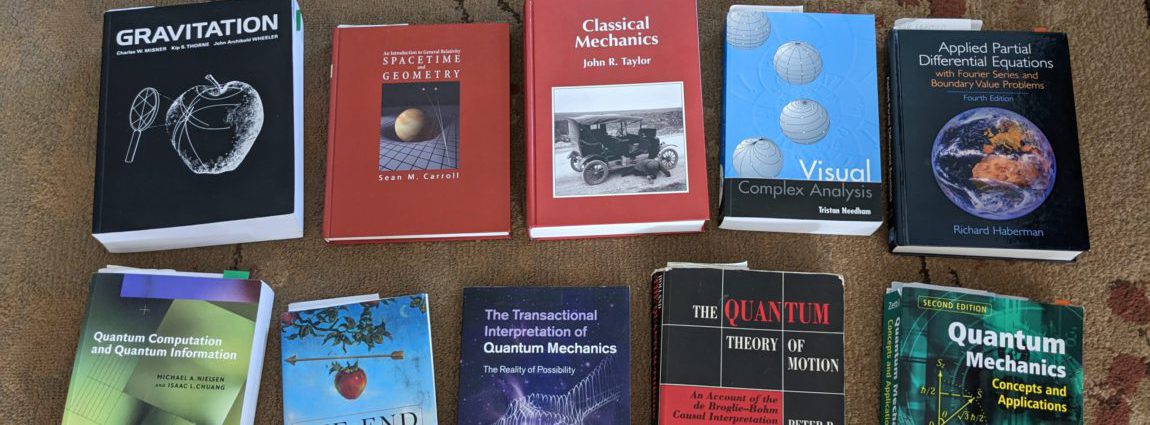Contents
- Introduction
- Quantum information vs quantum mechanics
- Ramifications of quantum computing for cryptography
- Quantum computers in the cloud
- Additional References
↑ Introduction
Since the first “quantum” class that most people encounter (or read about) is quantum mechanics, many people have the impression that quantum theory in general is rather difficult and can’t be learned without multiple years of calculus, differential equations, and so on.
But that’s not true. The theory of discrete quantum systems is mathematically fairly simple, and only requires a basic understanding of vectors and matrices. The only real prerequisite for embarking on this study is just basic (high school) algebra.
Discrete quantum theory is the theory underlying quantum information and quantum computing. If you’re interested in these subjects, but thought that you didn’t have the background to learn about them, be aware that the “gap” between the algebra class you had in high school and the ability to pick up a quantum information textbook is really only “one semester” of study. Something like 12 weeks of serious effort.
↑ Quantum information vs quantum mechanics
↑ Ramifications of quantum computing for cryptography
- TTD: Historical public keys (NIST DOC?)
- TTD: Current public keys (NIST DOC?)
- TTD: The Block Chain (?)
- TTD: Estimates on quantum factoring and how all of the above will be affected. We want to consider both breaking current things and breaking “historical” things. With the block chain are there issues in: (1) Forgery? (2) Mining? (3) the long term history of the ledger?
↑ Quantum computers in the cloud
There are …
- IBM’s Quantum Experience
IBM has what they call a “virtual lab” where you can not only run programs on their quantum computing hardware (5 bits as of June 2016) but also get access to a wealth of educational information. Note: Before you are allowed to run your algorithms on the actual hardware, you need to go through a series of tutorials and run associated simulations. Probably a good idea!
- University of Bristol’s Quantum in the Cloud
Also apparently has both a simulator and live optical quantum computer. It’s not clear on how accessible this actually is. I tried to register for it over a year ago and never got a response. I just tried again on Sept 21st …
- AWS QC2 (April 1st 2010) – How long will it remain a joke?
↑ Additional references
